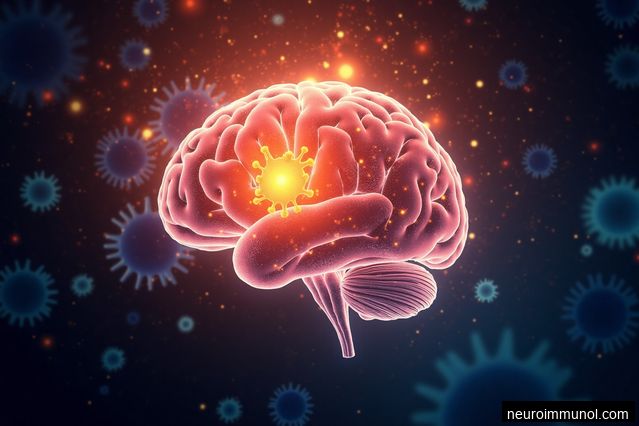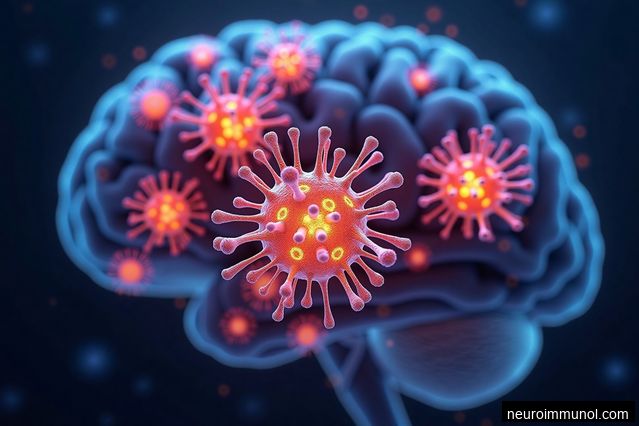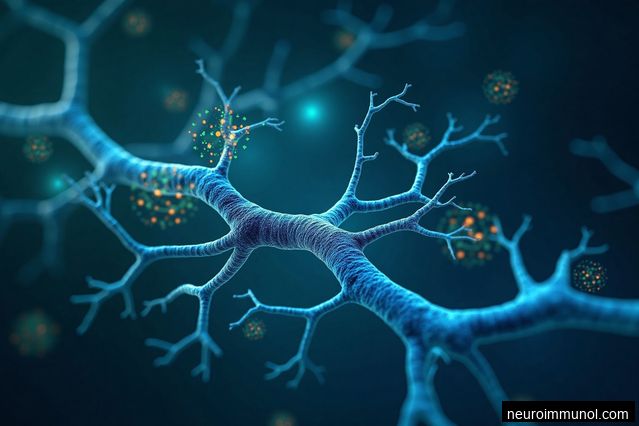Understanding Neuroinflammation
Neuroinflammation refers to the inflammation that occurs in the brain and spinal cord due to the activation of immune cells. It is a protective response of the central nervous system to injury or infection. However, when neuroinflammation becomes chronic or excessive, it can have detrimental effects on brain health.
The Role of Immune Cells
Microglia, the resident immune cells in the brain, play a crucial role in neuroinflammation. When activated, microglia release pro-inflammatory molecules called cytokines, which can lead to neuronal damage and dysfunction. Additionally, other immune cells, such as T cells and macrophages, can infiltrate the brain and contribute to neuroinflammation.
Effects of Neuroinflammation on Brain Health
Chronic neuroinflammation has been implicated in various neurodegenerative diseases, including Alzheimer's disease, Parkinson's disease, and multiple sclerosis. The persistent activation of immune cells and the release of inflammatory molecules can contribute to the progressive loss of neurons and the accumulation of abnormal protein aggregates in the brain.
Neuroinflammation and Cognitive Decline
Research suggests that neuroinflammation may play a role in cognitive decline. Inflammation-induced damage to brain regions involved in memory and cognition can impair cognitive function and increase the risk of developing conditions such as dementia.
Managing Neuroinflammation for Brain Health
While neuroinflammation is a complex process, there are strategies that can help manage and reduce its impact on brain health. Lifestyle factors, such as regular exercise, a healthy diet, and stress reduction, have been found to have anti-inflammatory effects on the brain. Additionally, certain medications and dietary supplements may help modulate neuroinflammation.
The Importance of Early Intervention
Early detection and intervention are crucial for mitigating the effects of neuroinflammation on brain health. Identifying and treating the underlying causes of neuroinflammation, such as infections or autoimmune disorders, can help prevent further damage to the brain.








